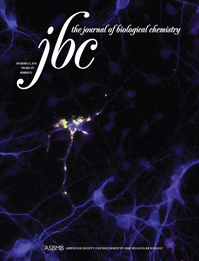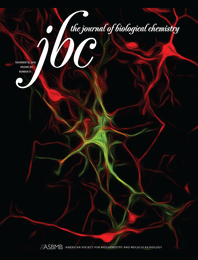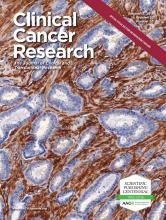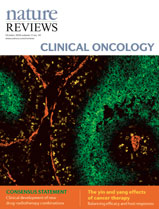 A researcher who claimed image problems in a retracted paper were the result of a software glitch, and not intentional, has lost three more papers — all for image manipulation.
A researcher who claimed image problems in a retracted paper were the result of a software glitch, and not intentional, has lost three more papers — all for image manipulation.
In two notices, the Journal of Biological Chemistry specifies that duplicated images were used to represent different experimental conditions; one notice simply says the paper was affected by image manipulation.
All of the notices specify the papers are being retracted by the publisher, the American Society for Biochemistry and Molecular Biology — which this month published a set of recommendations for preparing a paper, including how to avoid excessive manipulation.
The papers were published between 2002 and 2010, and all share the same last author (Paul Kuo, currently chair of surgery at Loyola Medicine) and first author (Hongtao Guo, at Duke).
Here’s the first notice:
Continue reading Surgery chair who blamed image issues on software logs three more retractions
 The former president of the Joslin Diabetes Center has withdrawn a second article within a month of his
The former president of the Joslin Diabetes Center has withdrawn a second article within a month of his 





 The last author of a 1999 paper has asked the journal to retract it less than one month after a user
The last author of a 1999 paper has asked the journal to retract it less than one month after a user